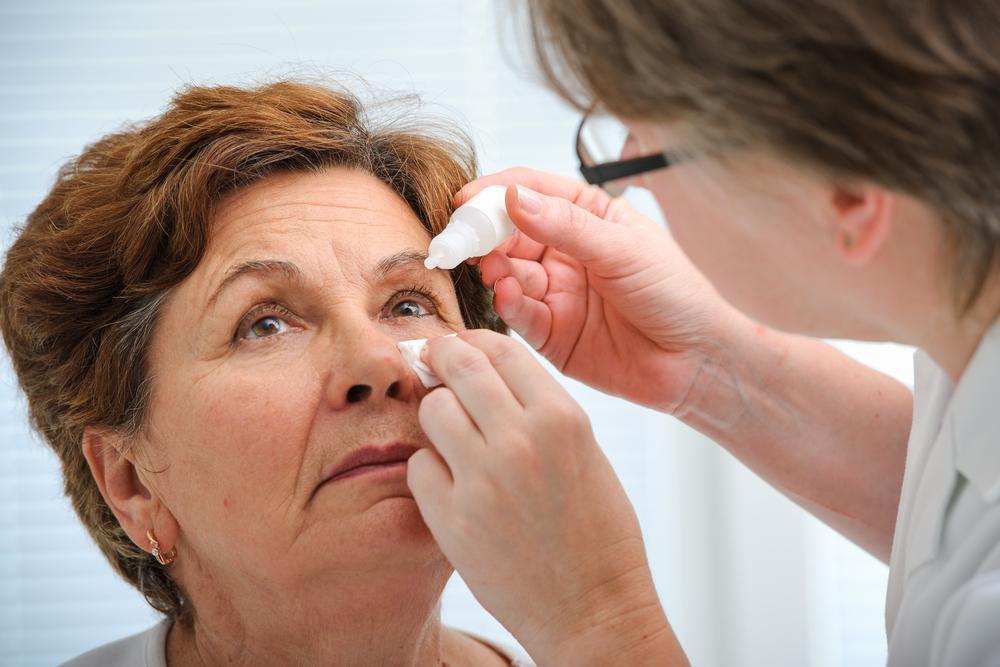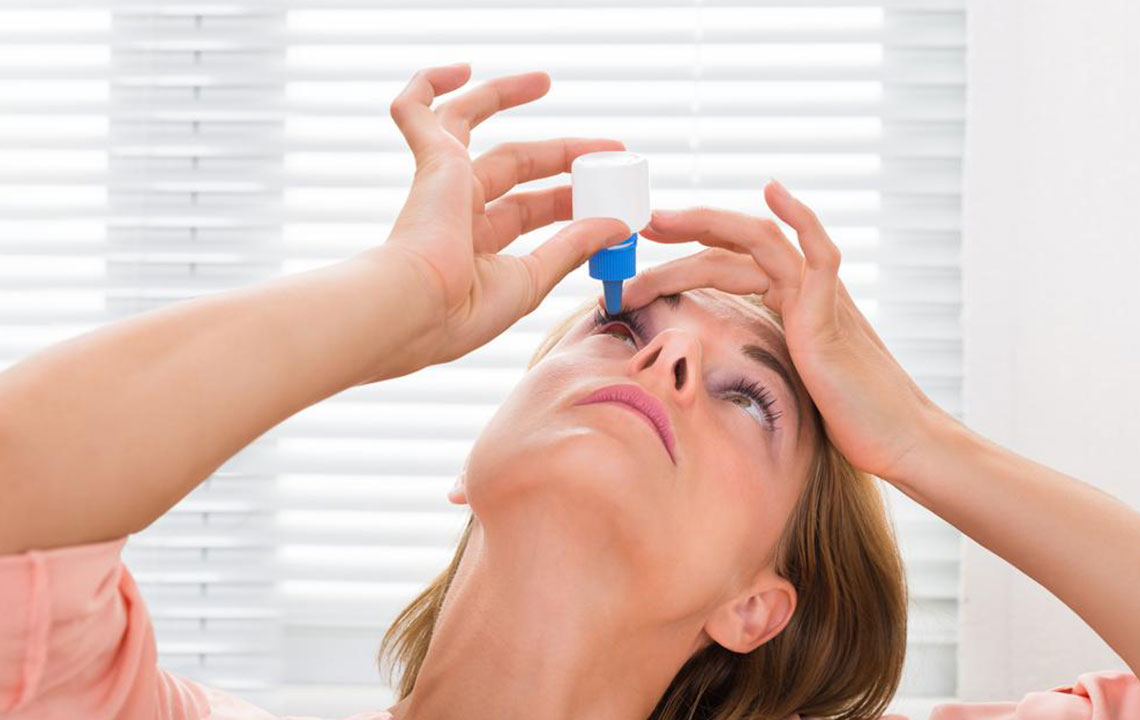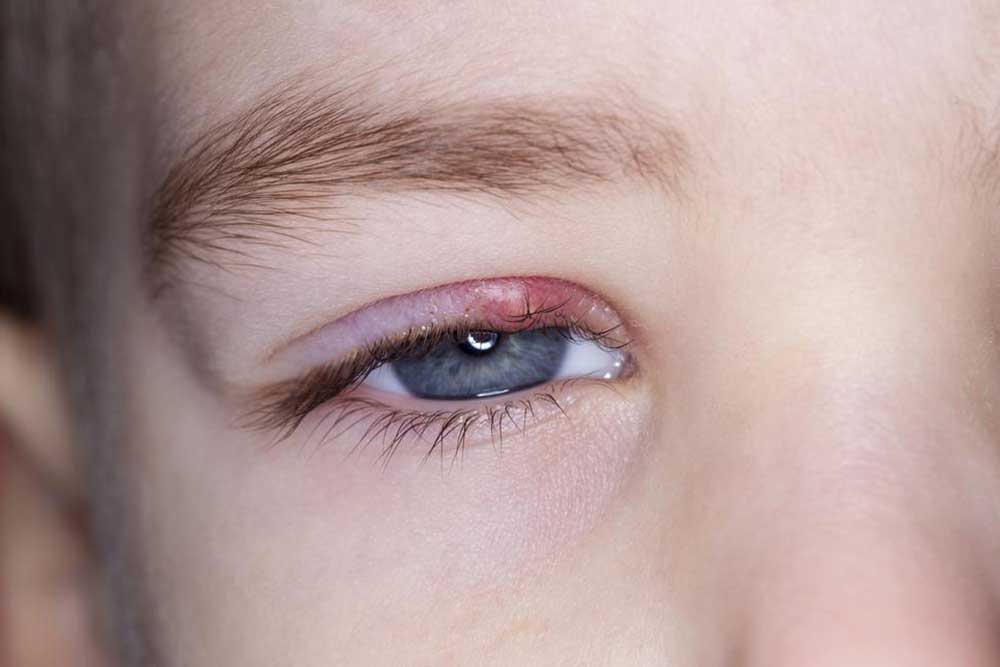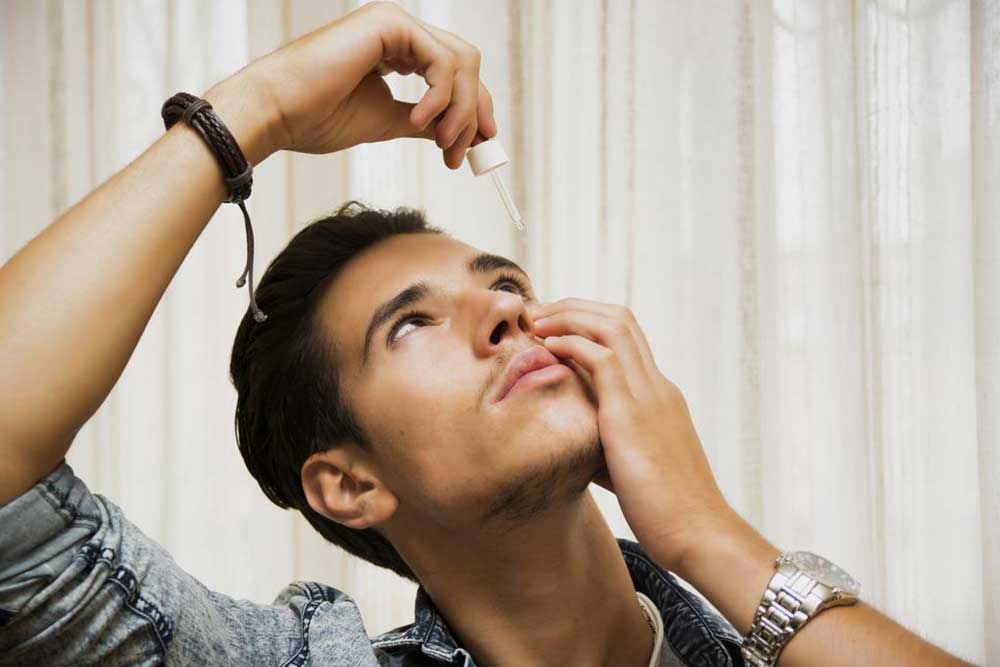Understanding Causes and Signs of Dry Eye Condition
Dry eye syndrome, or Tear Film Instability, results from insufficient natural tear production caused by factors like age, environment, health conditions, and medications. Symptoms include irritation, redness, blurry vision, and excess tearing. Understanding these causes helps in managing and preventing the condition effectively. Always seek professional medical help if you experience persistent symptoms to ensure accurate diagnosis and treatment.
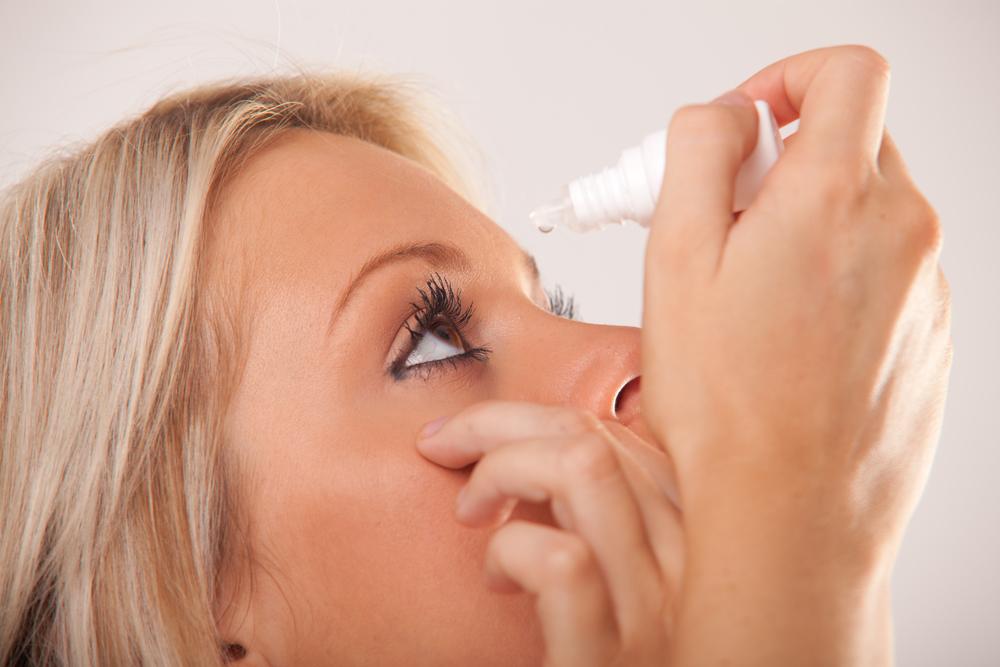
Understanding Causes and Signs of Dry Eye Condition
Dry eye, medically known as Tear Film Instability, arises when the eyes lack adequate natural lubrication. This discomfort can result from various factors, including environmental exposure (such as dry or dusty settings), existing health issues (like allergies), and conditions that reduce tear or oil secretion. Additionally, certain situational factors, like prolonged computer use, can cause the eyes to feel dry, red, and irritated due to reduced blinking, which normally helps keep the eyes moist.
Typical symptoms of dry eye syndrome
Itchy eyes and the urge to rub them
Redness, burning sensation
Discomfort or feeling of grit in the eyes
Sensitivity to light leading to frequent blinking
Blurred vision or distortion
Discharge with eyelash caking
Headaches and discomfort behind the eyes
Fatigue or heavy eyelids
Reflex tearing as a reaction to irritation
Excessive tearing
Dry eye disease stems from insufficient natural tear production.
Our tears consist of lubricating oils, proteins, water, mucus, and protective antibodies that defend against infections. Dry eyes often develop due to multiple causes, such as:
Underlying health issues
Conditions like rheumatoid arthritis and Sjogren’s syndrome are known to cause dry eyes and mouth.
Environmental factors
Exposure to dry, dusty, smoky, or overly heated or cooled environments can reduce tear production.
Aging process
Age-related changes, including menopause, can diminish the eyes’ tear secretion.
Medications
Many drugs, such as birth control pills, hormone therapies, antihistamines, and blood pressure medications, can lead to dry eyes.
Laser eye procedures
While LASIK can temporarily cause dryness, it may also contribute to longer-term dry eye issues.
Eye structure anomalies
Congenital or acquired eyelid deformities can impair eyelid function, affecting natural lubrication and tear production.

